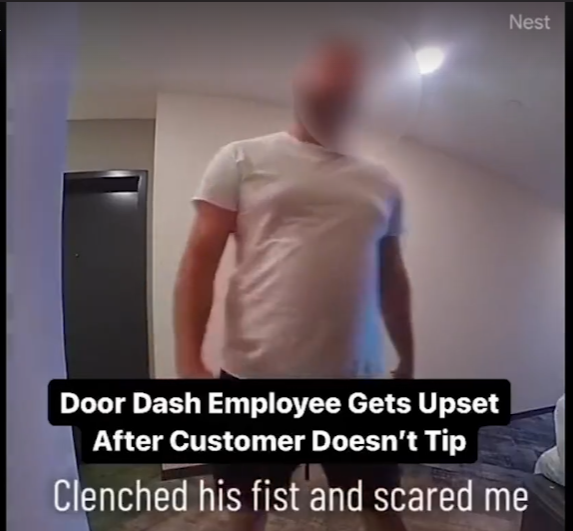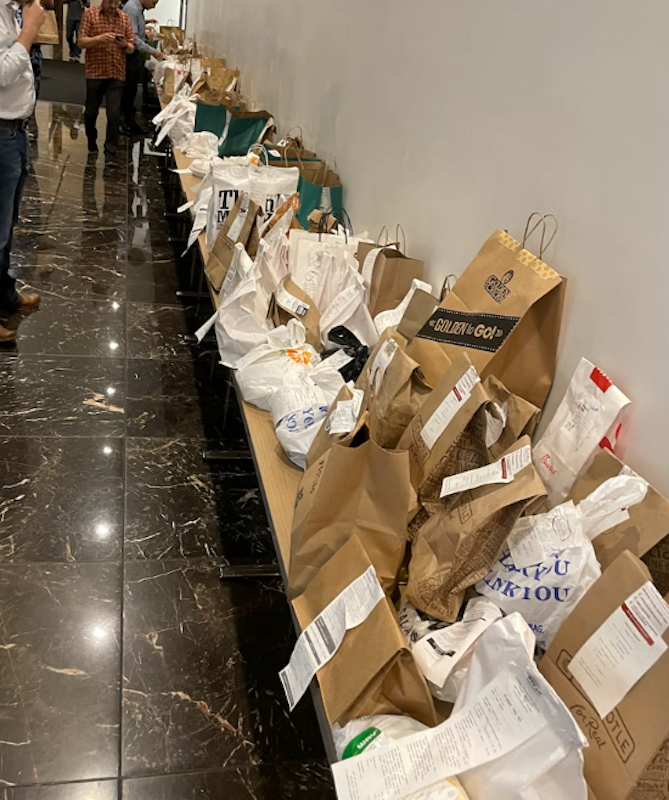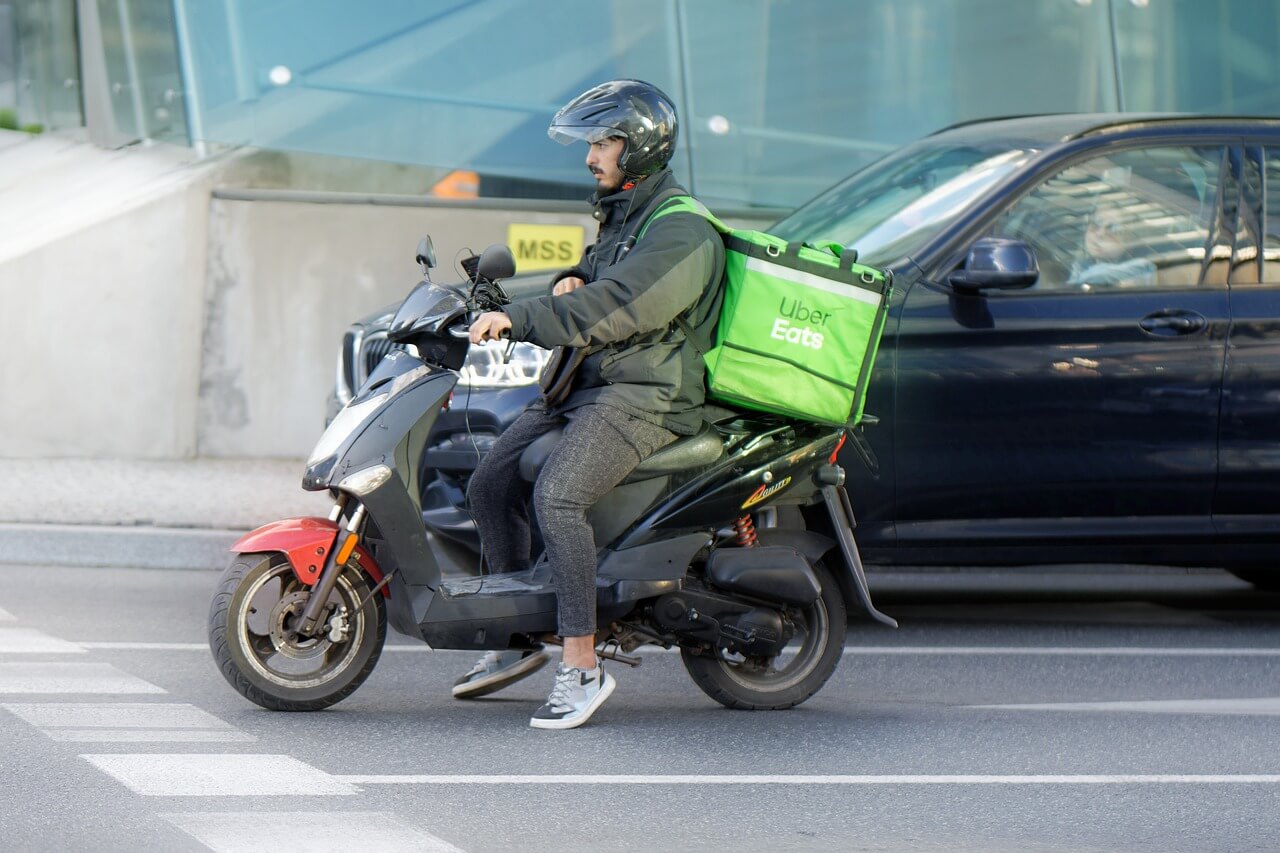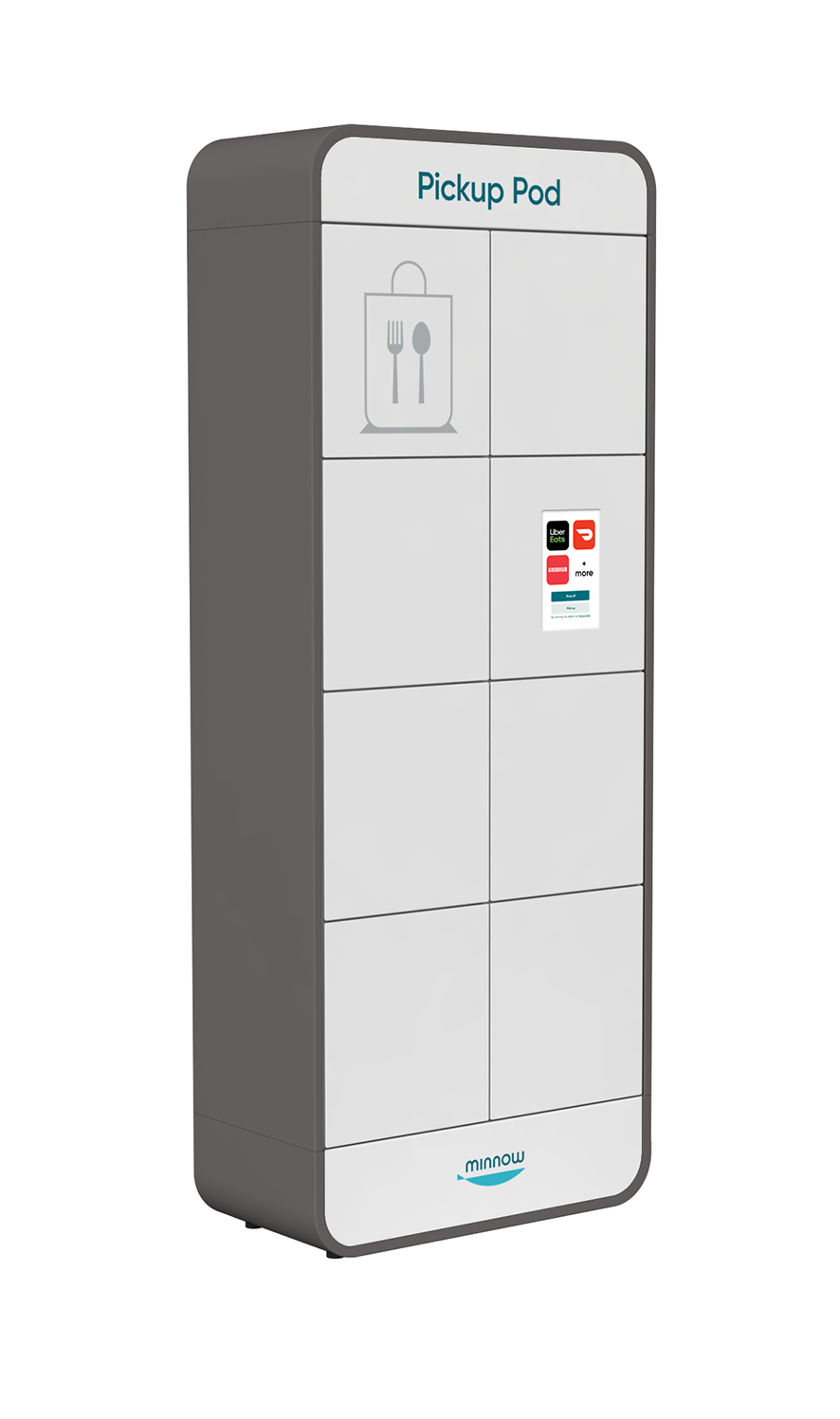03/8/23
The dark side of food delivery: How it affects the security of your multifamily property
Written by Steven Sperry

Food delivery has revolutionized the way we consume food, with companies such as Uber Eats, DoorDash, and Grubhub providing customers with easy access to their favorite meals from their favorite restaurants. However, while the convenience of food delivery cannot be overstated, its impact on the security of multifamily properties and the safety of their residents hasn’t always been positive. Here are two significant security challenges that come with food delivery.
Crimes of opportunity
The rise of food delivery services has created a new set of challenges for the security of multifamily properties, including an increase in crimes of opportunity. Unlike the employees of package delivery companies like UPS, Fedex, and the USPS, food delivery workers are usually lower-paid gig (contract) workers who haven’t undergone rigorous background checks. When they arrive with a food delivery, they often buzz the resident from the outside intercom and are then admitted to the property without any screening or supervision. Since food delivery is a high-turnover occupation, it’s more likely than not that the delivery worker has never been to the property before. Because they’re not familiar with the layout of the building, they can get lost or confused, and end up wandering around hallways in residential areas. Dishonest individuals can and do steal unattended packages, putting residents’ personal information at risk and causing them to lose their property. In a worst case scenario, residents’ personal safety can be put at risk, especially if doors are left ajar or unlocked.
Tipping disputes
A second challenge food deliveries pose to multifamily properties is the potential for tipping disputes to result in violent or threatening behavior. There are many well-publicized instances of food delivery workers, angry over the size of their tips, banging on residents’ doors or engaging in otherwise threatening behavior in an attempt to frighten or intimidate the resident into increasing the worker’s tip. It goes without saying that residents should never be made to feel unsafe in their own homes, and that it’s the responsibility of the property manager to ensure that residential areas are free of threats and intimidation from delivery workers.
What can be done?
To mitigate these security risks, multifamily property owners and operators must take proactive steps to ensure that food deliveries are properly managed. To keep food delivery workers out of residential areas, many properties have resorted to implementing drop-off tables or having the front desk staff receive and manage food deliveries. While this approach helps restrict delivery workers to lobbies, it creates its own set of challenges, including lost, missing, or stolen food; distractions for front desk staff; cluttered lobbies that turn off prospective tenants; and a higher risk of foodborne illness, for which the property may be held liable. To address these challenges, many properties are implementing food delivery management (FDM) solutions, which are “smart locker” amenities that manage and monitor every food delivery. FDM solutions enhance building security and resident safety by acting as a buffer between delivery workers and building occupants and staff.
Conclusion
While food delivery services provide us with unprecedented convenience and selection, they also create new security challenges for apartment communities and condominium buildings. By taking proactive measures to properly manage food deliveries, multifamily owners and operators can enhance the security of their buildings and the safety of their residents.





